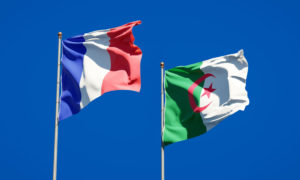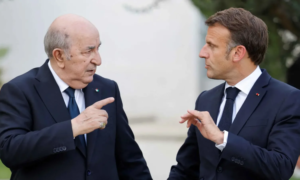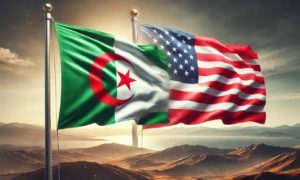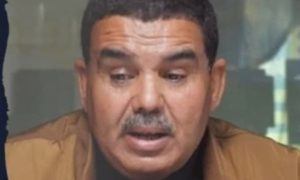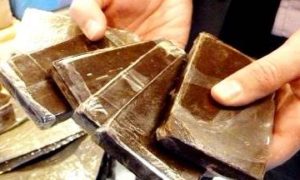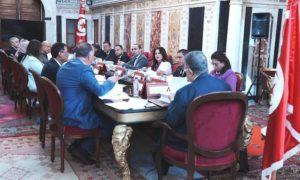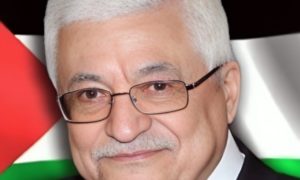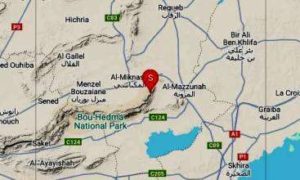By:
The last time Algiers and Rabat faced off, it was a long-distance duel over the Agricultural and Fisheries Agreements between Morocco and the European Union (EU). That standoff finished with two defeats for Morocco, as the EU ruled in favour of the Sahrawis. This time, the confrontation between Algeria and Morocco was direct, taking place within the African Union (AU). The two neighbouring and rival countries were competing for a key position—the Vice Presidency of the AU Commission—to assist Djiboutian Mahmoud Ali Youssouf, President of the Commission,in the most prominent role within the organization. Once again, the battle turned in Algeria’s favour.
It was ultimately the Algerian candidate, Selma Malika Haddadi, who won over her Moroccan rival, Latifa Akharbach, President of the High Authority for Audiovisual Communication and former ambassador to Tunisia. The quiet strength of Algerian President Abdelmadjid Tebboune played a major role in this significant diplomatic victory, which is expected to have lasting repercussions. Notably, Tebboune attended the summit himself, where he also chaired the African Peer Review Mechanism (APRM) session. During the event, he announced a $1 million aid package to strengthen the organization.
Morocco did not deploy the same level of effort to influence the course of events, which proved to be a significant disadvantage for its candidate. The 47-year-old Algerian diplomat decisively outperformed her Moroccan competitor. By the seventh round of voting, she was the only candidate left in the race.
Then came the accusations, which will only further strain ties between Algiers and Rabat. “Morocco wanted to beat the Algerian candidate by any means necessary. It did not present a candidate to win, but rather to block the Algerian diplomat’s path to the AU Commission. This is unprecedented,” an Algerian source told TSA.
At the outset, four North African countries each put forward a candidate: Algeria, Morocco, Egypt, and Libya. The Libyan candidate withdrew in the first round, while Egypt was eliminated in the third. In the sixth round, Selma Malika Haddadi prevailed over the Moroccan candidate. With no competition left in the seventh round, Algiers emerged victorious. Egypt had hoped to capitalize on the animosity between Rabat and Algiers to seize the position, but failed.
The Algerian source added that Morocco had done everything in its power to prevent African nations from electing Haddadi. Allegedly, Morocco even proposed that both it and Algeria withdraw so that the Egyptian candidate could win. However, Algerian representatives insisted, “This is a competition, and the ballot box will decide.”
The lobbying efforts of Morocco’s Foreign Minister, Nasser Bourita, and the head of its external intelligence services failed to sway the outcome in Addis Ababa, Ethiopia—not this time.
“Morocco mistakenly believed that it could buy influence across Africa. It selected the wrong continent and the wrong strategy. This election has demonstrated Algeria’s standing on the continent. Algeria’s allies mobilized to ensure Selma Malika Haddadi’s victory in a fair contest,” the same source commented.
Algeria implemented a well-planned strategy, systematically engaging with African nations to explain the key objectives it intended to seek within the AU Commission. Algerian Foreign Minister Ahmed Attaf actively campaigned in African capitals and maintained regular contact with his counterparts. This groundwork ultimately paid off.
This defeat is particularly bitter for Moroccan diplomacy, which is usually a dominant force on the continent. Rabat will likely need to reassess its approach in response to Algeria’s show of strength. The next AU elections promise to be another major battleground between the two rival nations.
What's happening in Tunisia?
Subscribe to our Youtube channel for updates.



